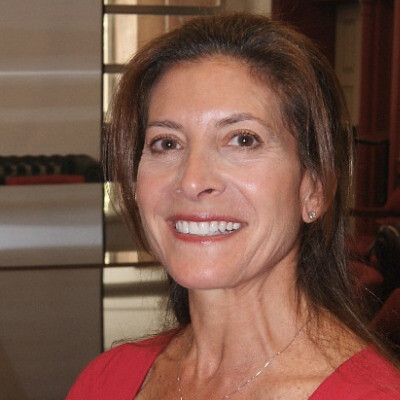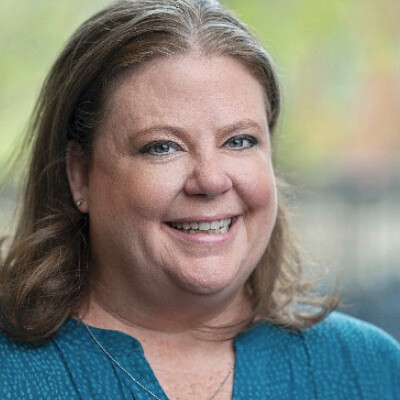“Whose Patient is it Anyway?”: Using Standardized Patients to Simulate the High Stakes of Interprofessional Conflict and De-escalation
Interprofessional conflict is a persistent challenge in healthcare, often stemming from communication breakdowns, unclear roles, and unspoken hierarchies. These issues can compromise patient safety, erode trust, and diminish team effectiveness. This seminar explores simulation as a high-impact educational strategy to surface and de-escalate these tensions. Participants will engage with “Whose Patient Is It Anyway?”—a standardized patient (SP) simulation involving a complex hospital discharge scenario that escalates due to miscommunication and power dynamics within the interprofessional team.
Aligned with the Nexus Summit theme of “Interprofessional Collaboration and Advocacy to Advance the Health of Individuals, Families, and Communities,” this session focuses on equipping educators and clinicians with practical, equity-centered strategies to improve collaboration through communication. By addressing how interprofessional teams navigate conflict under pressure, this seminar promotes skills that directly enhance the quality and safety of care.
The session includes immediately applicable resources and guidance on scenario scripting, SP training, faculty debriefing strategies, and assessment tools (e.g., learner reflection prompts, SP behavior checklists). Participants will leave with actionable strategies to integrate conflict de-escalation into interprofessional curricula at their own institutions.
Active learning strategies will include structured video analysis, anonymous polling, collaborative reflection using a shared Jamboard, and role-based response planning. Rather than relying solely on breakout rooms, this format ensures that all attendees—regardless of environment—can engage in meaningful, accessible participation.
This seminar meets Nexus Summit priority criteria by fostering skill-building for interprofessional teamwork, reinforcing psychological safety, and promoting equitable team dynamics through experiential learning. It contributes directly to improving collaborative practice that benefits individuals, families, and communities.
Learning Objectives:
• After attending this session, the learner will be able to identify root causes of interprofessional conflict in clinical settings.
• After attending this session, the learner will be able to apply de-escalation strategies (e.g., CUS, TeamSTEPPS) in interprofessional simulations.
• After attending this session, the learner will be able to facilitate equity-centered debriefs that address team communication and hidden curricula.
In support of improving patient care, this activity is planned and implemented by The National Center for Interprofessional Practice and Education Office of Interprofessional Continuing Professional Development (National Center OICPD). The National Center OICPD is accredited by the Accreditation Council for Continuing Medical Education (ACCME), the Accreditation Council for Pharmacy Education (ACPE), and the American Nurses Credentialing Center (ANCC) to provide continuing education for the healthcare team.
As a Jointly Accredited Provider, the National Center is approved to offer social work continuing education by the Association of Social Work Boards (ASWB) Approved Continuing Education (ACE) program. Organizations, not individual courses, are approved under this program. State and provincial regulatory boards have the final authority to determine whether an individual course may be accepted for continuing education credit. The National Center maintains responsibility for this course. Social workers completing this course receive continuing education credits.
The National Center OICPD (JA#: 4008105) is approved by the Board of Certification, Inc. to provide continuing education to Athletic Trainers (ATs).
This activity was planned by and for the healthcare team, and learners will receive Interprofessional Continuing Education (IPCE) credit for learning and change.


Physicians: The National Center for Interprofessional Practice and Education designates this live activity for AMA PRA Category 1 Credits™. Physicians should only claim credit commensurate with their participation.
Physician Assistants: The American Academy of Physician Assistants (AAPA) accepts credit from organizations accredited by the ACCME.
Nurses: Participants will be awarded contact hours of credit for attendance at this workshop.
Nurse Practitioners: The American Academy of Nurse Practitioners Certification Program (AANPCP) accepts credit from organizations accredited by the ACCME and ANCC.
Pharmacists and Pharmacy Technicians: This activity is approved for contact hours.
Athletic Trainers: This program is eligible for Category A hours/CEUs. ATs should claim only those hours actually spent in the educational program.
Social Workers: As a Jointly Accredited Organization, the National Center is approved to offer social work continuing education by the Association of Social Work Boards (ASWB) Approved Continuing Education (ACE) program. Organizations, not individual courses, are approved under this program. State and provincial regulatory boards have the final authority to determine whether an individual course may be accepted for continuing education credit. The National Center maintains responsibility for this course. Social workers completing this course receive continuing education credits.
IPCE: This activity was planned by and for the healthcare team, and learners will receive Interprofessional Continuing Education (IPCE) credits for learning and change.
Learners can claim CE credit by completing the Daily Evaluation.



